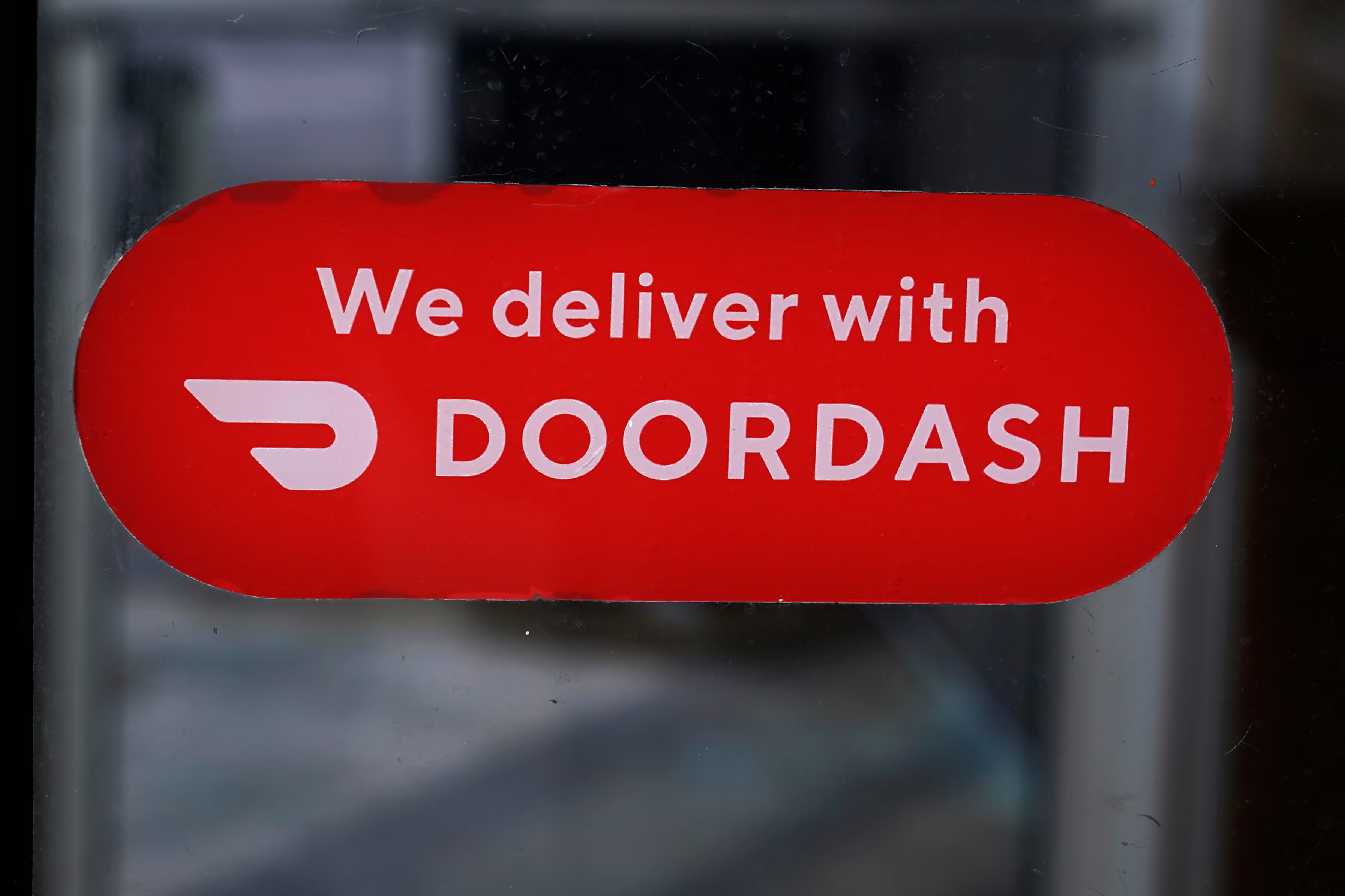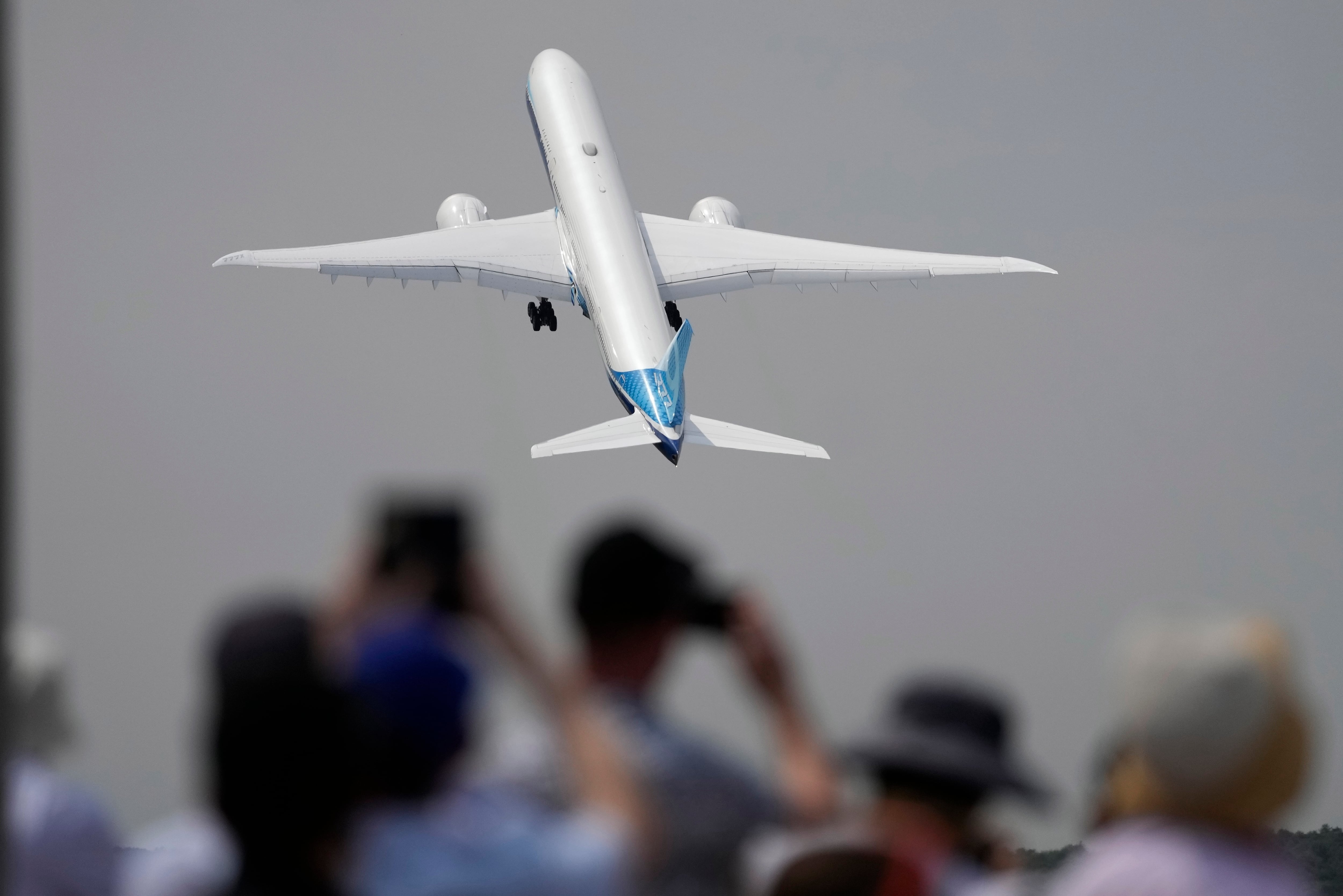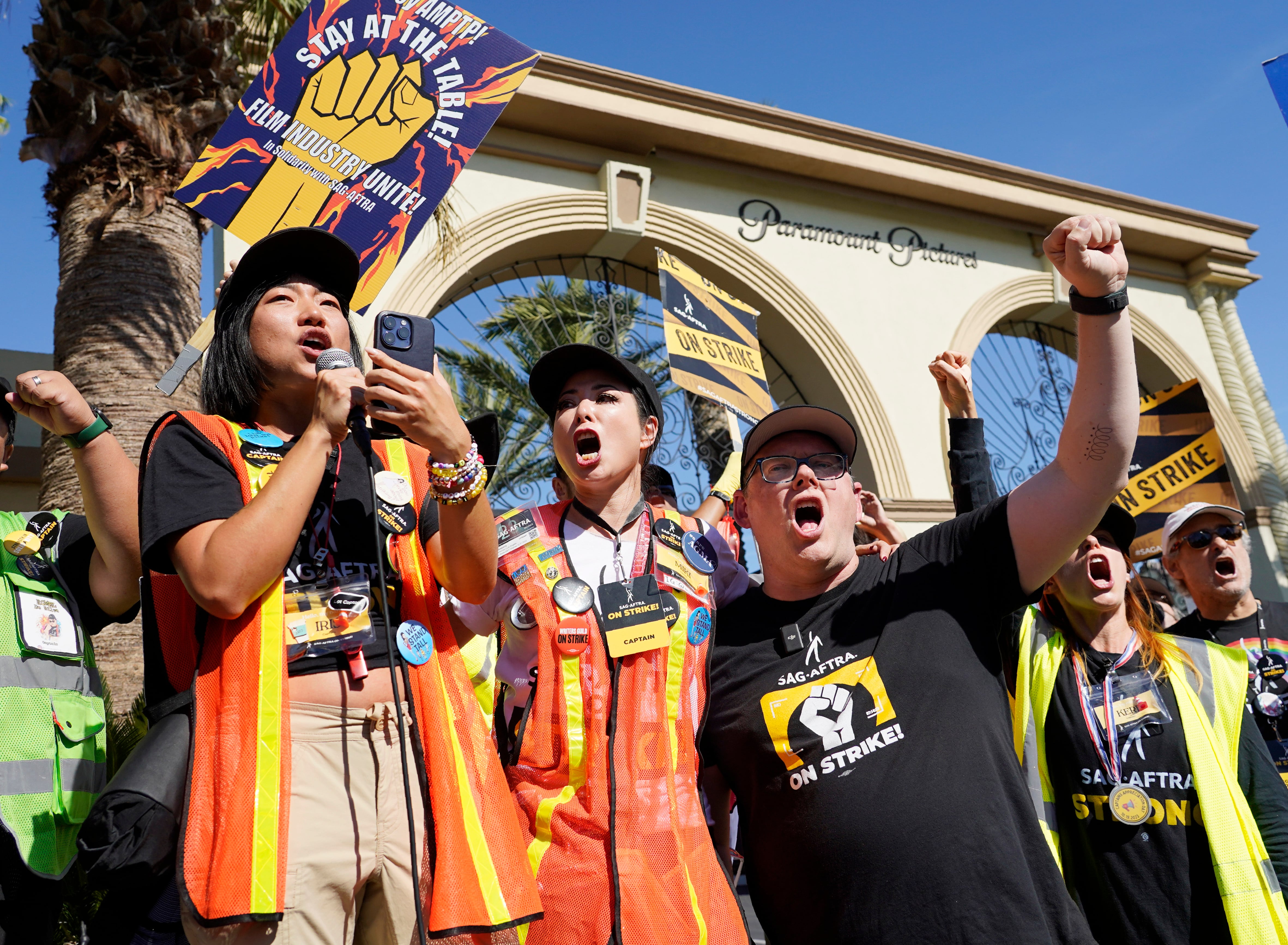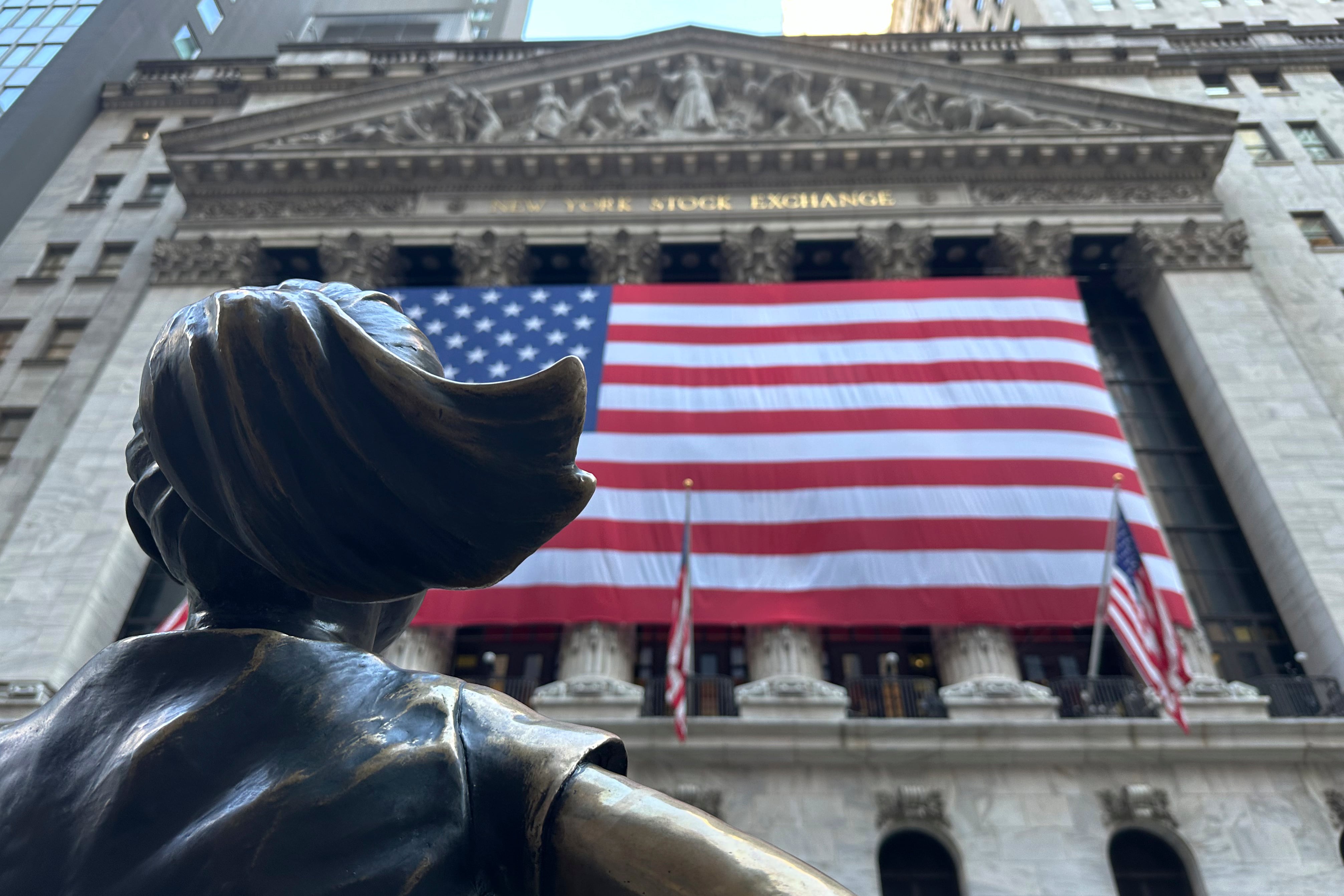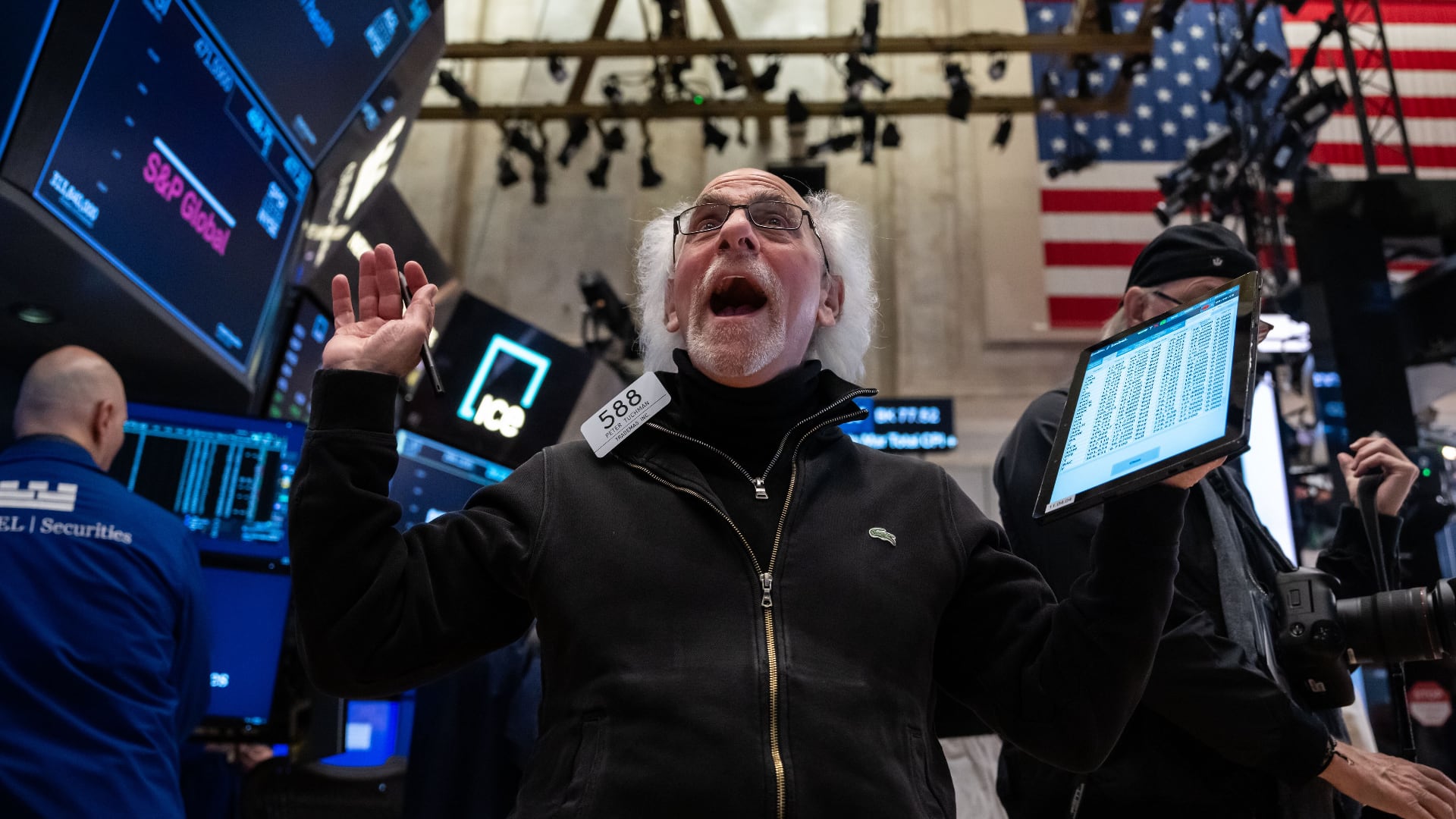The NBA season is one month away from resuming, but concerns over COVID-19 persist. The league is preparing to enter the "bubble" in Florida where players and staff will isolate before the season begins, however, the teams are arriving in a state where cases are currently surging.
Last week, the NBA announced that 16 out of 302 players tested positive for the virus, including Denver Nuggets All-Star Center Nikola Jokic. But the league hopes it has found a potential solution. Oura, a Finnish-based healthtech startup, has developed a smart ring, one which may provide information on whether an individual is coming down with COVID-19. The NBA purchased 2,000 of the rings, which are valued at approximately $300 apiece.
"We have said that the ring is available to everyone going to Orlando. Not just the players, but the staff too, and that's something that is really important," Harpreet Singh Rai, CEO of Oura, said Monday. "I think many corporations have their eye on the NBA, as does everyone in this country. We want to figure out, 'Can we reopen safely?'"
The ring delivers personalized readiness, activity, and sleep insights to its users. But Oura did not realize their product could potentially discover coronavirus symptoms until a user reached out to the company.
"A user in early March came forward and said he didn't feel any symptoms, but his readiness score changed," Rai said. It was a 54, and it was typically in the 80s or 90s. He was traveling the prior week. He decided, 'You know what, I should go get tested,' and found out he was positive."
Oura is sponsoring research with the University of California, San Francisco's Osher Center for Integrative Medicine to try to verify the product's potential to alert users to symptoms of COVID-19.
Aside from the health claims, a question that pops up whenever technology is discussed is privacy. But like NBA superstar and two-time Defensive Player of the Year Kawhi Leonard locking down the league's top scorers on the court, Rai says Oura is ready to defend against any cybersecurity threats.
"We're a GDPR (General Data Protection Regulation) company. It's even more stringent than HIPAA...We asked ourselves, and the NBA and NBPA did as well, how can this data be misused?" said Rai, adding, "In the case of the NBA, if [a team sees] that person only got a couple hours of sleep, [the player] may not be ready to start a game."
Rai says another key figure they will be monitoring for NBA players is a risk score, which runs from zero to 100 and is based on temperature, respiratory rate, and heart rate variability. But the Oura CEO added that this information will be kept away from a player's employer, the team.
"Instead of the players' direct employer seeing the data, the teams, the data is actually being sent to the NBPA and the NBA. Only if a risk score is really high will the NBA or NBPA contact a team medical official to conduct a test."
With players reporting to ESPN's Wide World of Sports Complex in the coming days and weeks, the spotlight will be on the NBA as sports begin to slowly return. Rai believes that the NBA can establish a blueprint for major companies across the country when it comes to reopening.
"Sports are interesting because obviously a lot of eyes are on them. They are trying to figure out how to get back to work before most corporations are. I think it's going to be really, really important to keep our eyes on this."

